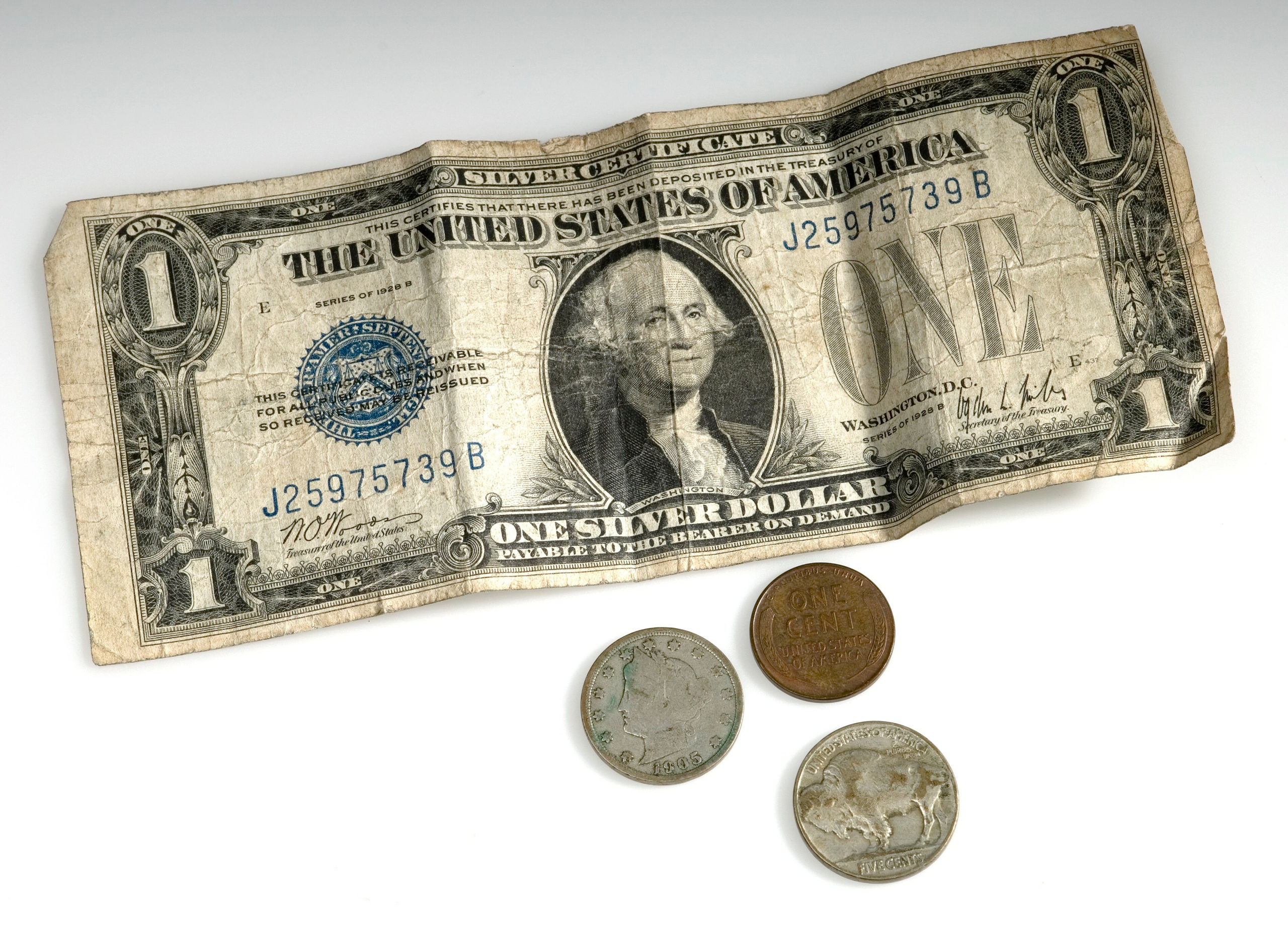Money anxiety is compounding our country’s ongoing mental health crisis. When we talk about mental illness, you might frequently hear that anxiety disorders are the most common type. Roughly 1 in 5 Americans deals with an anxiety disorder. That’s over 50 million adults. But what if I told you there’s another source of mental suffering that strikes millions more than this? It’s money anxiety. In fact, around 2 in 3 Americans report that their struggle to pay their bills takes a toll on their mental health. Although it may not be an “official” mental illness, money anxiety is actually harming the mental health of more Americans than any other issue.
What is money anxiety?
Money anxiety presents as general worry about money – how little you have and how much you can spend. People become constantly aware about what they consume and stress over every dollar. Worries about bills and when the next paycheck hits the bank keep people up at night and distract them throughout their days. In addition to anxiety, many people have symptoms of depression as well. People feel sad, frustrated, and helpless. Money anxiety prevents people from relaxing or being able to enjoy their hobbies. It dominates their lives.

Who is struggling with money anxiety?
The people who have the least amount of money are struggling the most. Over 60% of Americans live paycheck to paycheck, meaning they spend all or almost all of their weekly income before the next one. Although people of many income levels can struggle with this, it hits people who make under $50,000 per year the hardest. Roughly 4 out of 5 people in that income range live paycheck to paycheck. Additionally, younger people are struggling the most relative to other age groups. Three quarters of people 18 to 34 stress over finances compared to only one quarter of people over 65.
What contributes most to the struggle?
Paycheck to paycheck
Living paycheck to paycheck is a major source of stress for people. When you live paycheck to paycheck, you can’t build up an emergency fund. That’s why a staggering 49% of Americans can’t cover an unexpected $400 expense. A trip to the emergency room, a fender bender on the road to work, a water leak in the house – any one of these could put half of Americans into debt. No wonder money anxiety is so common.
Renting forever
Peoples’ living situations put a major strain on their finances, especially for those who rent. Over one third of Americans live in a rental property. That number skews heavily to younger people and poorer people. Two thirds of people under 35 rent their homes. Over 85% of the poorest Americans rent. On top of that, 45% of renters spend more than 30% of their income on rent. This situation makes it especially hard for these people to build a savings or equity. Every monthly rent payment contributes to equity for someone else, depositing more money from the hands of the poor into the pockets of the rich.
Surging inflation
Over the past year, inflation has surged to the highest in 40 years. Even if you got a modest raise, such a radical increase in prices has effectively cut most peoples’ incomes. Unfortunately, rises in food and gas prices are much worse than over-all inflation. Food and gas are must-haves for everyone, so of course those price hikes hit hardest for people who are already struggling the most.
Tips for managing money anxiety
1. Make a budget.
No matter your financial situation, making a budget is always a good idea. The first step to making a budget is to simply keep track of all your money – where it’s coming from and where it’s going. This helps you discover any money leaks and makes crystal clear exactly how much you spend and on what.
2. Know what you can control.
This adds on to the previous point. When you go through all of your incomes and expenditures, you’ll be able to break spending into two categories: needs and wants. Your needs (non-discretionary spending) show you what you absolutely have to spend to get by, while your wants (discretionary spending) are the area you can cut down and save money.
3. Money anxiety is not a personal failure.
We live in a society that has traditionally prided itself on the importance of individual responsibility. This leads a lot of people to blame themselves when they are struggling financially. People feel shameful, guilty, and depressed. Of course we all have personal responsibility for our finances, but the cost of so many necessities are out of our control. This disparity is the core of money anxiety and is why many people are starting to seek mental health care for it.


 Learn
Learn Get News
Get News Find Help
Find Help
 Share
Share
 Share
Share
 Share
Share
 Share
Share



